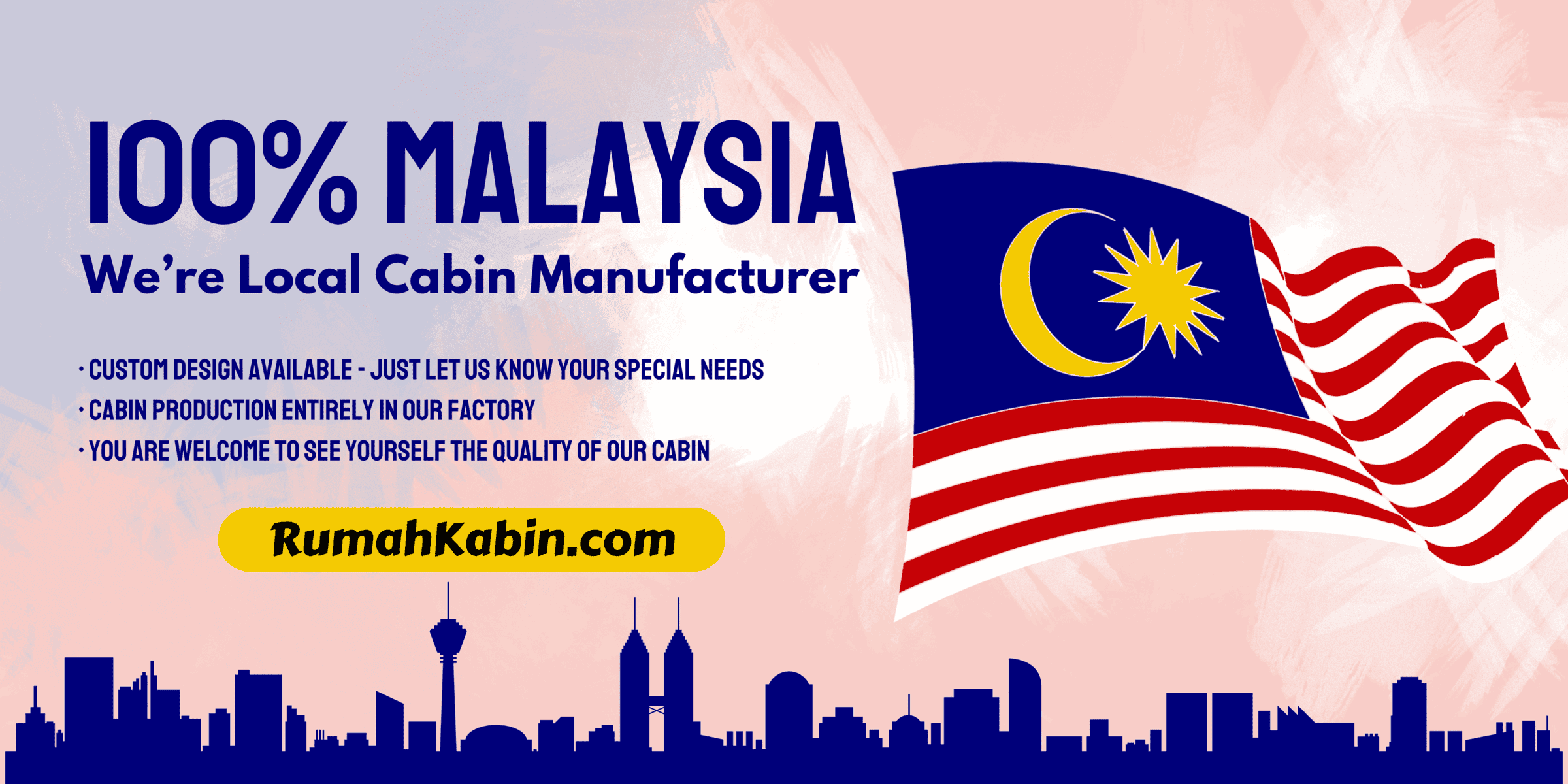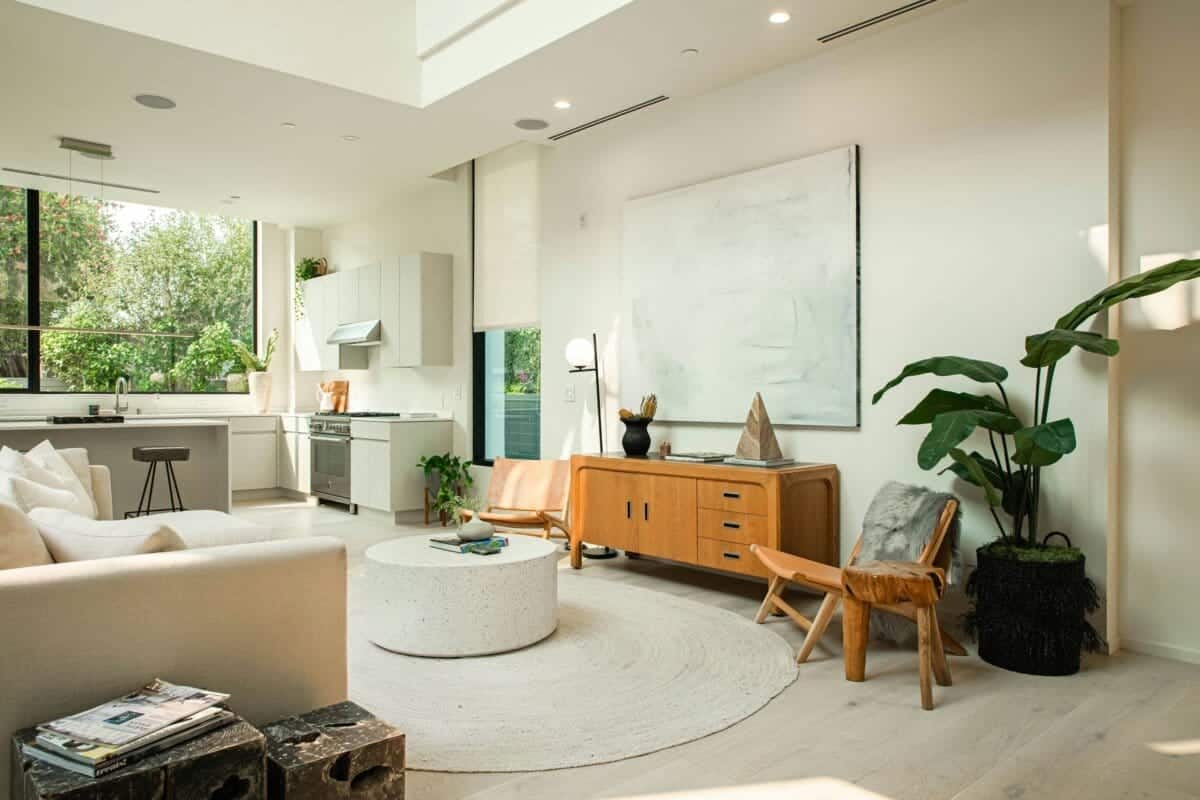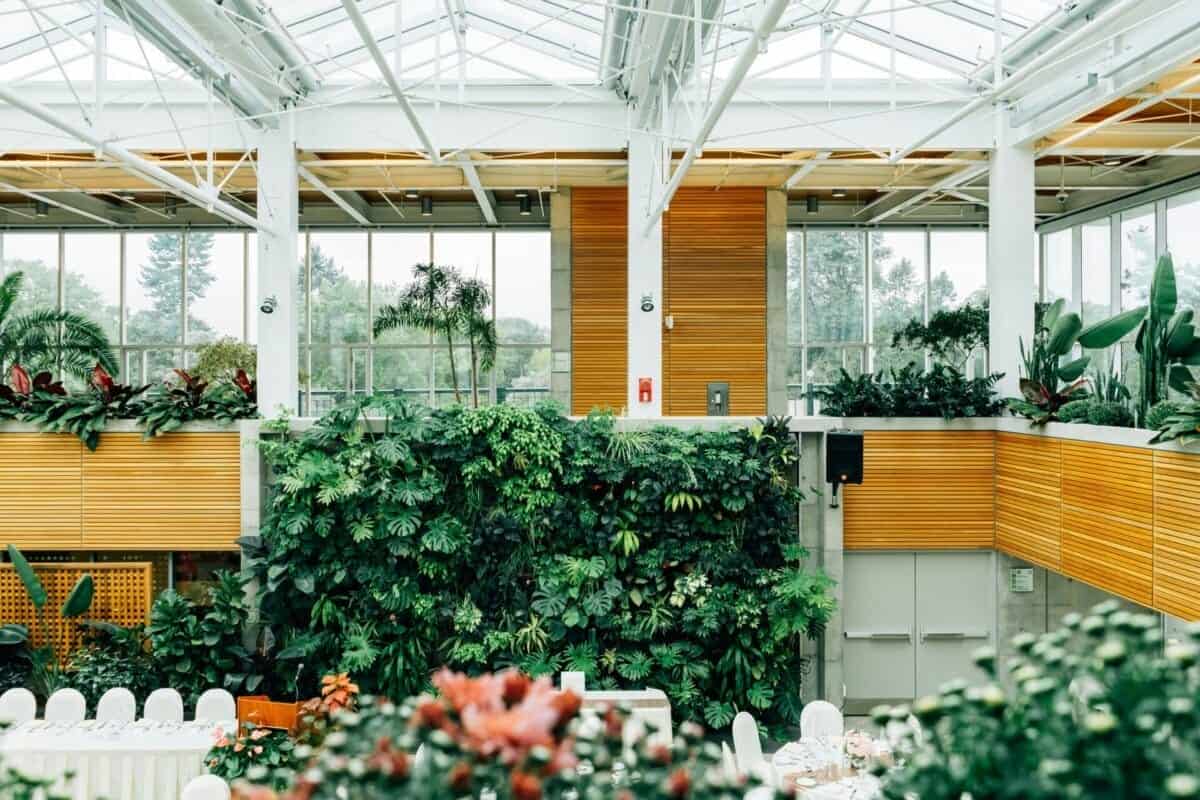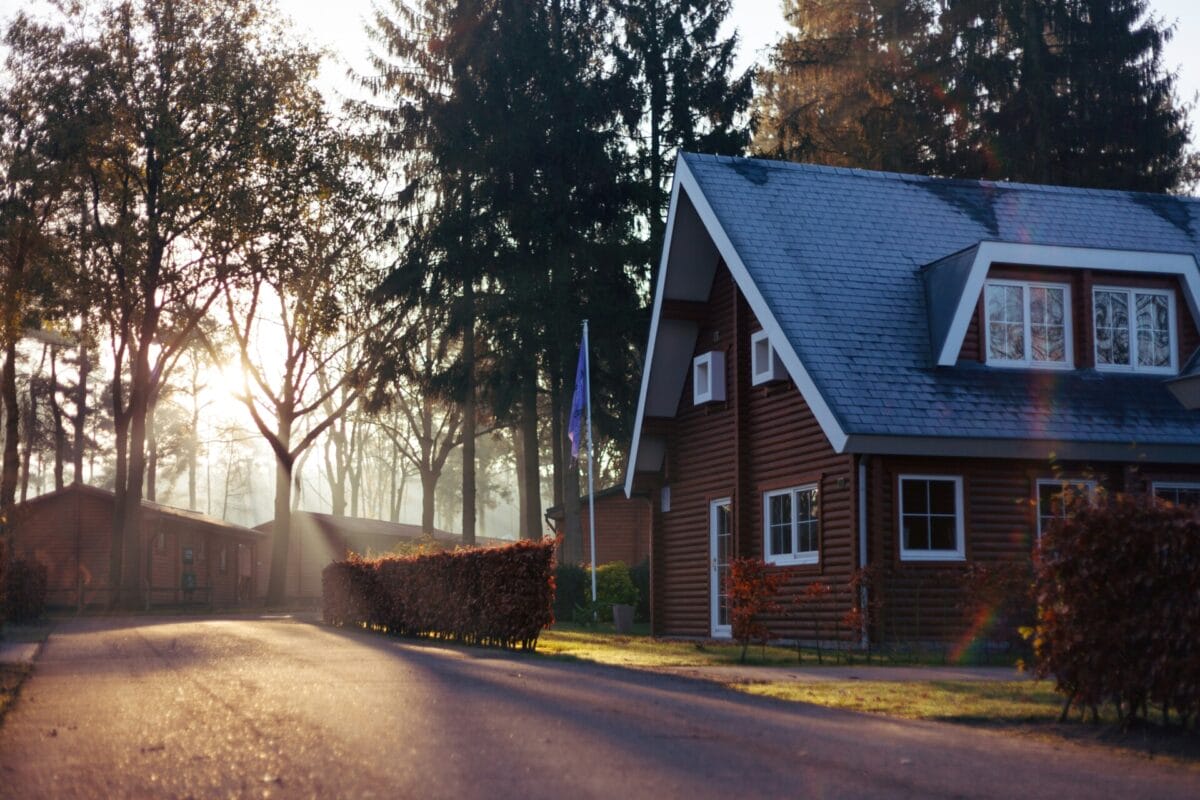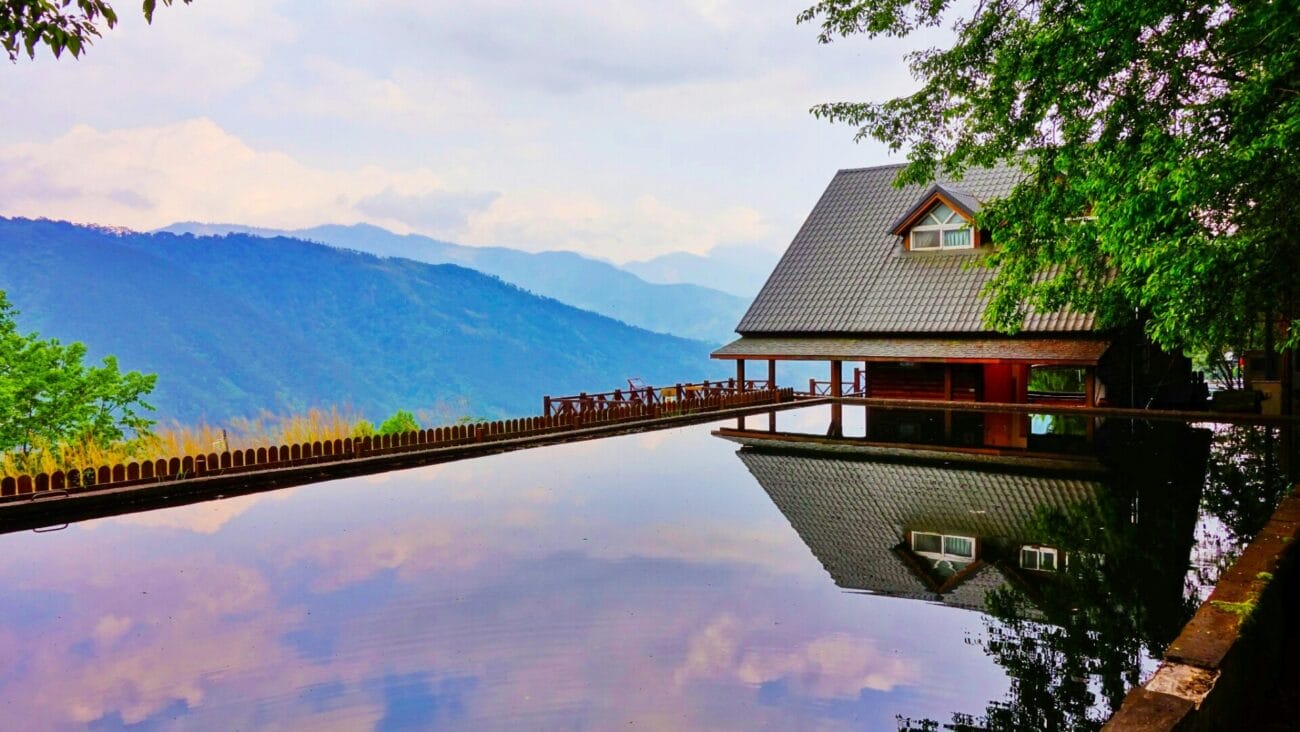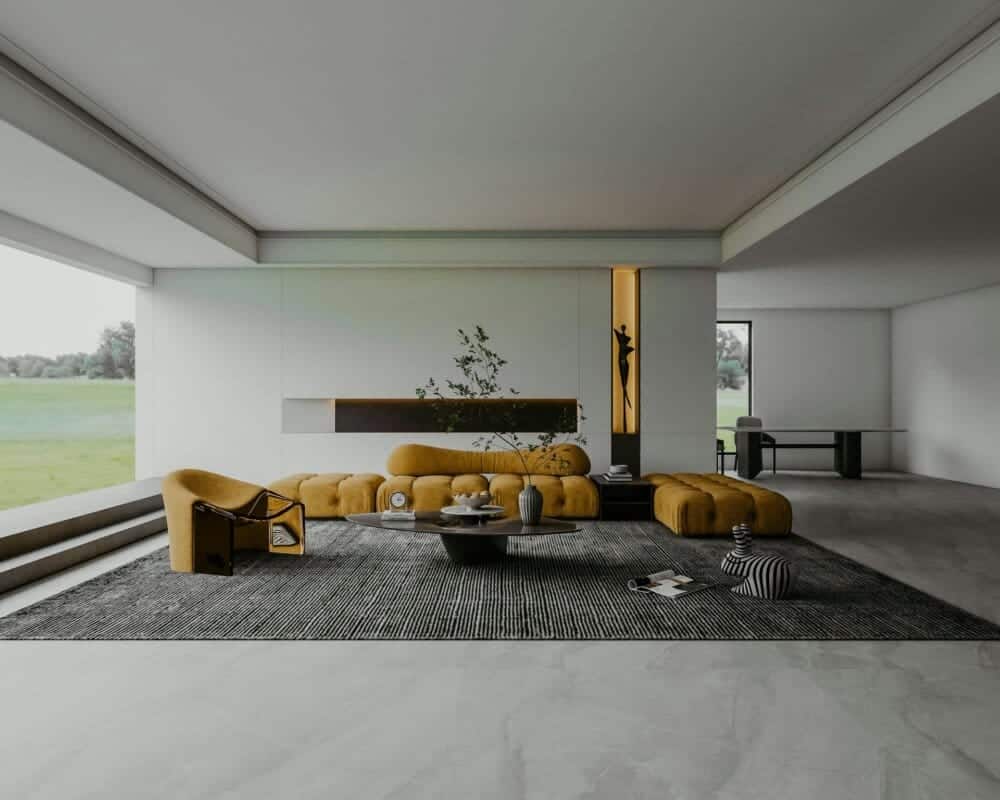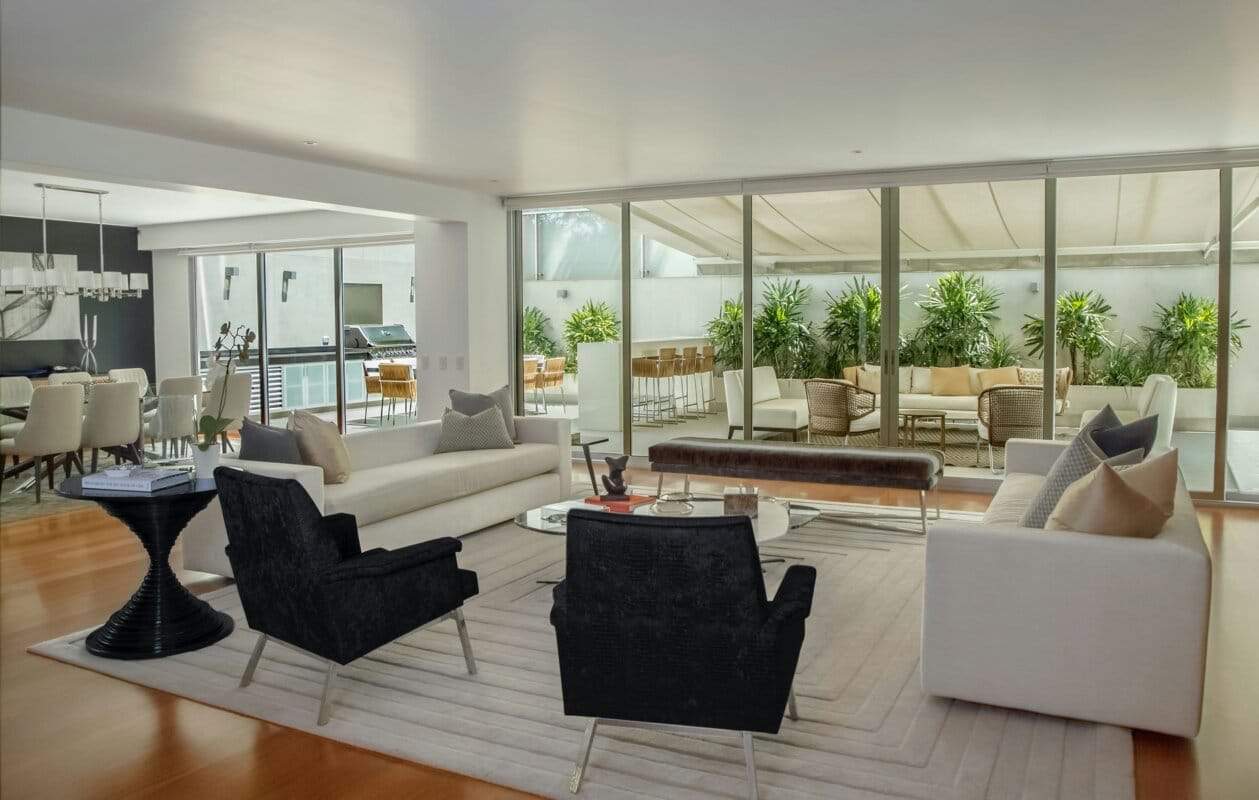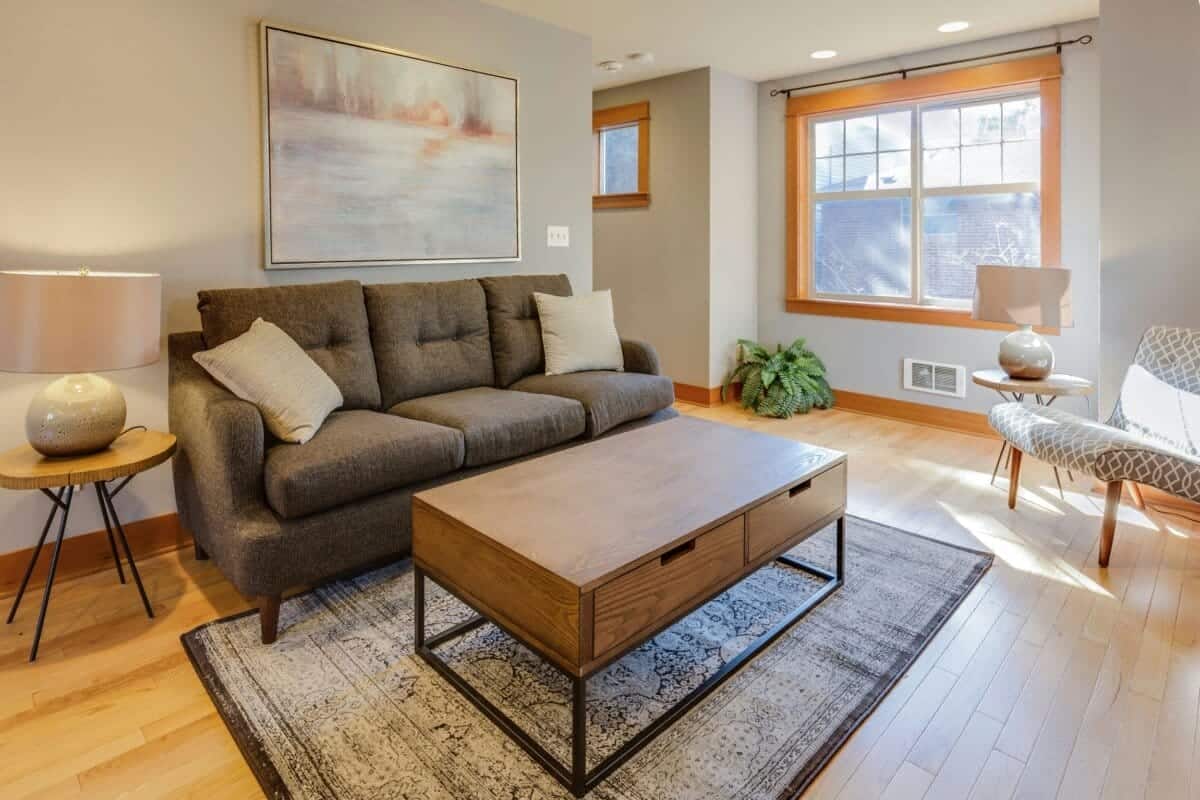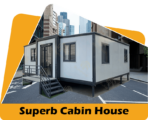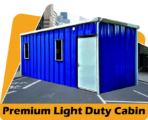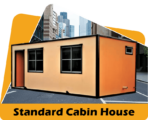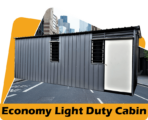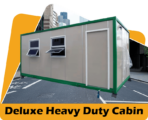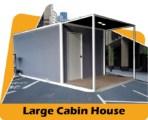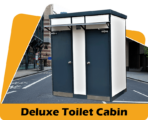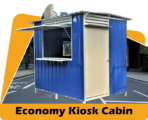
Blog
Innovative Solutions for Labour Housing: A Deep Dive into CLQ
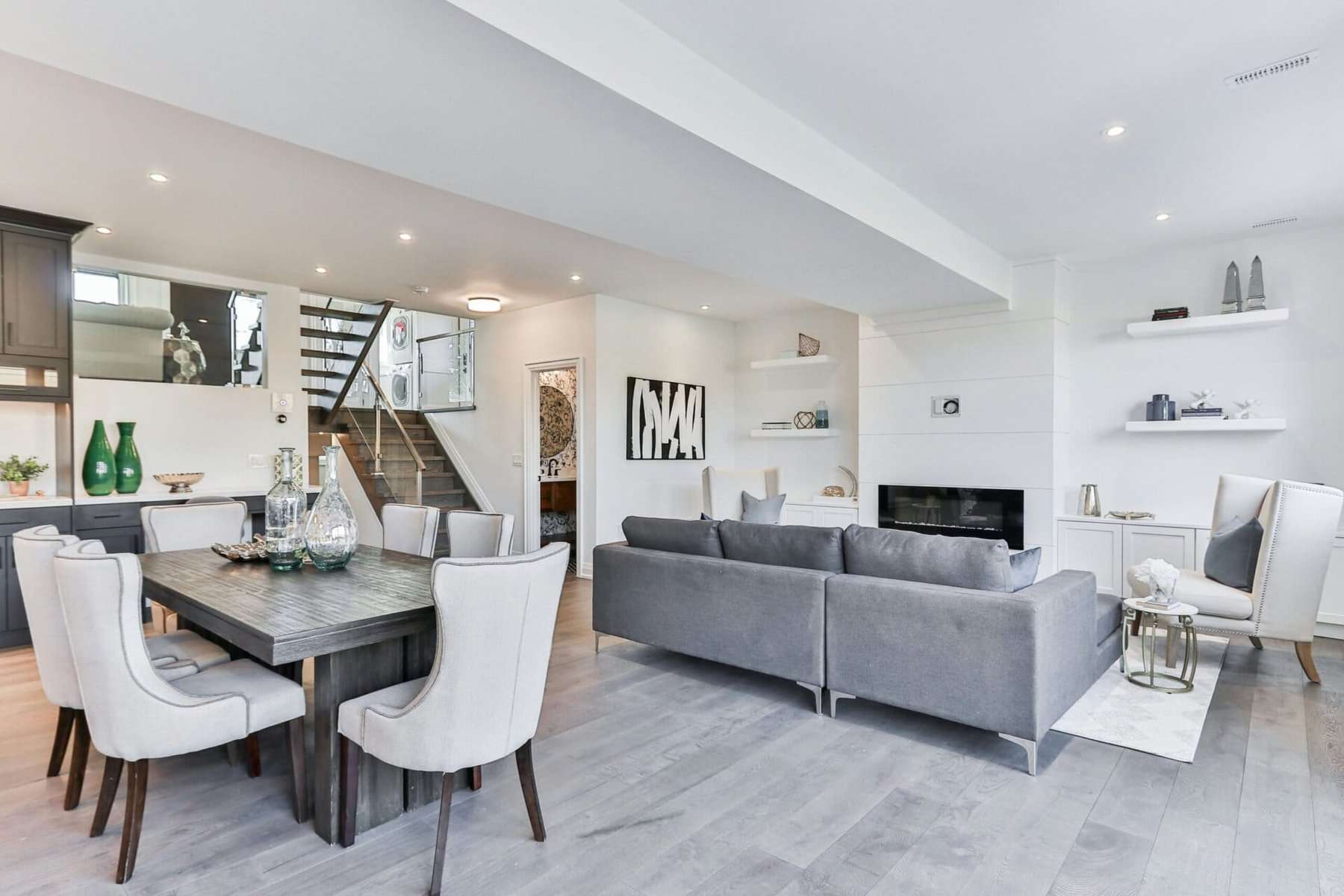
Innovative Solutions for Labour Housing: A Deep Dive into CLQ
1. Introduction to Centralized Labour Quarters (CLQ)
Centralized Labour Quarters (CLQ) are specialized accommodations designed to house workers, particularly those in the construction and industrial sectors. These quarters are built to provide a safe, comfortable, and efficient living environment for workers, ensuring their well-being and productivity. In Malaysia, the concept of CLQ has gained significant traction due to the increasing demand for quality labour housing and the need to comply with international labour standards.
What is CLQ?
CLQ refers to a centralized or clustered housing facility for workers, both local and foreign, within a specific area or building. These facilities are equipped with various amenities and infrastructure to ensure the comfort and safety of the occupants. The development and management of CLQ can be undertaken by employers, developers, or specialized service providers.
Objectives of CLQ
The primary objectives of CLQ are to:
- Enhance the living conditions of workers by providing clean, safe, and well-maintained accommodations.
- Promote health and well-being by ensuring access to basic amenities such as clean water, sanitation, and recreational facilities.
- Improve productivity by reducing the time and effort workers spend commuting to and from their workplaces.
- Comply with international labour standards and local regulations to avoid legal issues and enhance the company’s reputation.
Historical Context
The concept of CLQ is not new. It has been implemented in various forms across different countries to address the challenges of worker housing. In Malaysia, the need for CLQ became more pronounced with the rapid industrialization and urbanization, which led to a significant influx of foreign workers. The Malaysian government, through various regulations and guidelines, has been promoting the development of CLQ to ensure that workers are provided with decent living conditions.
Key Components of CLQ
A well-designed CLQ typically includes the following components:
- Residential Units: Dormitories or bedsitters with adequate space per worker.
- Sanitation Facilities: Toilets, showers, and laundry areas.
- Dining and Cooking Areas: Common kitchens and dining halls.
- Recreational Facilities: Sports courts, gyms, and common rooms.
- Healthcare Facilities: Clinics or sick bays for medical emergencies.
- Security Measures: Fencing, security personnel, and surveillance systems.
Table: Key Components of CLQ
| Component | Description |
|---|---|
| Residential Units | Dormitories or bedsitters with adequate space per worker. |
| Sanitation Facilities | Toilets, showers, and laundry areas. |
| Dining and Cooking Areas | Common kitchens and dining halls. |
| Recreational Facilities | Sports courts, gyms, and common rooms. |
| Healthcare Facilities | Clinics or sick bays for medical emergencies. |
| Security Measures | Fencing, security personnel, and surveillance systems. |
Conclusion
The implementation of CLQ is a strategic move to address the housing needs of workers, ensuring their well-being and enhancing their productivity. By providing a centralized and well-managed living environment, employers can foster a more motivated and efficient workforce, ultimately contributing to the success of their projects and operations.
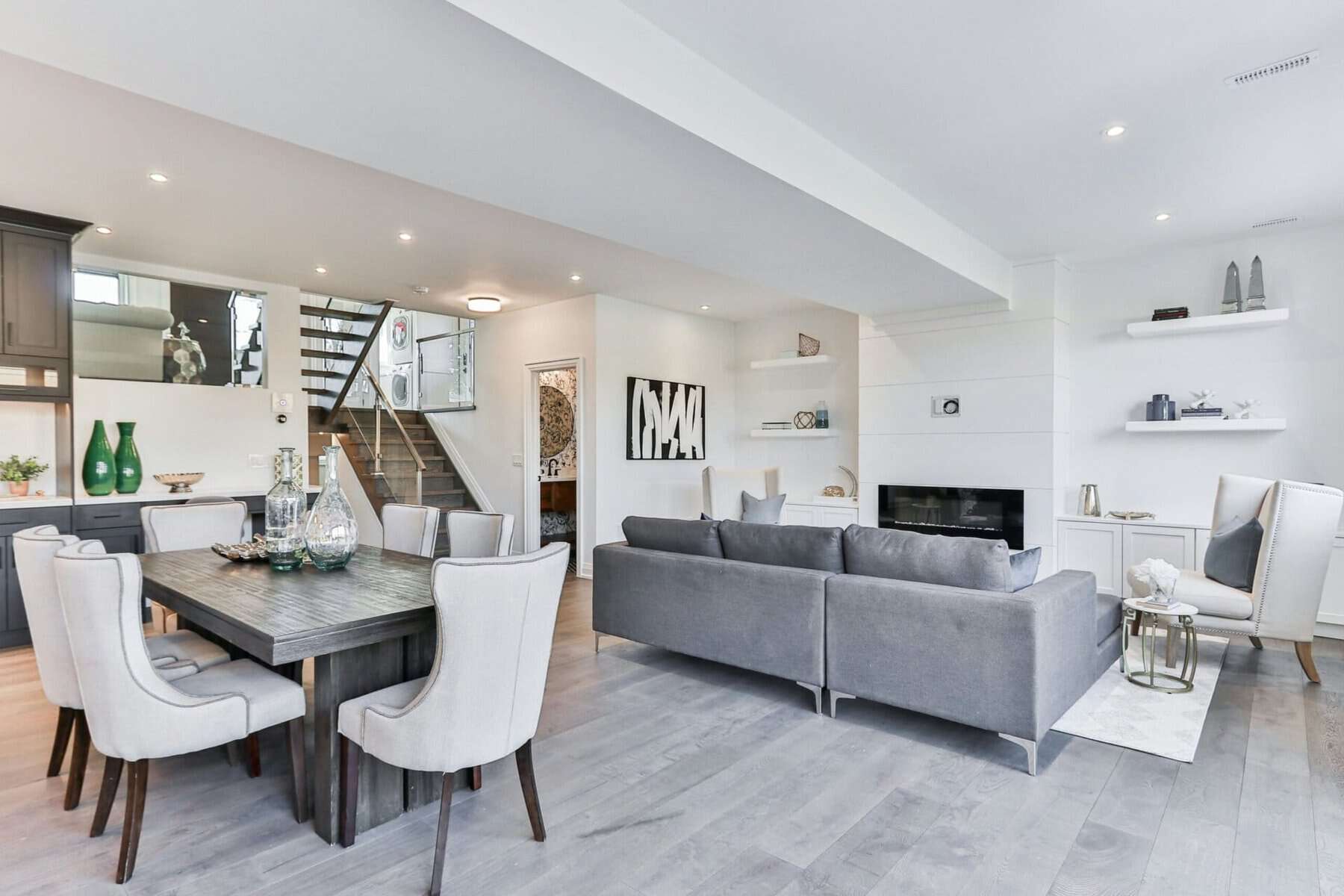
sidekix media wRzBarqn3hs unsplash scaled
2. Importance of Quality Labour Accommodation
Quality labour accommodation is crucial for several reasons, ranging from the well-being of the workers to the overall productivity and reputation of the company. In this section, we will explore the various aspects that highlight the importance of providing quality housing for workers.
Health and Well-being
One of the primary reasons for ensuring quality labour accommodation is the health and well-being of the workers. Poor living conditions can lead to various health issues, including the spread of infectious diseases, mental stress, and physical injuries. By providing clean, safe, and well-maintained accommodations, employers can significantly reduce the risk of health problems among their workers.
Productivity and Efficiency
Quality accommodation directly impacts the productivity and efficiency of workers. When workers have access to comfortable living conditions, they are more likely to be well-rested and motivated, leading to higher productivity levels. Additionally, centralized labour quarters reduce the time and effort spent on commuting, allowing workers to focus more on their tasks.
Compliance with Regulations
In Malaysia, there are strict regulations and guidelines governing the housing of workers. The Garis Panduan Perancangan Penginapan Pekerja Berpusat (Centralised Labour Quarters – CLQ) outlines the standards and requirements for worker accommodations. Compliance with these regulations is essential to avoid legal issues and penalties. Moreover, adhering to these standards demonstrates a company’s commitment to the well-being of its workers.
Enhancing Company Reputation
Providing quality labour accommodation can significantly enhance a company’s reputation. It shows that the company values its workers and is committed to their well-being. This can lead to better relationships with stakeholders, including clients, investors, and regulatory bodies. A good reputation can also attract more skilled workers, as they are more likely to choose employers who provide decent living conditions.
Social Responsibility
Ensuring quality accommodation for workers is also a matter of social responsibility. Companies have a moral obligation to provide safe and humane living conditions for their employees. This aligns with the principles of corporate social responsibility (CSR) and contributes to the overall development of the community.
Table: Benefits of Quality Labour Accommodation
| Benefit | Description |
|---|---|
| Health and Well-being | Reduces health risks and promotes physical and mental well-being. |
| Productivity and Efficiency | Enhances productivity by providing a comfortable and convenient living environment. |
| Compliance with Regulations | Ensures adherence to local laws and guidelines, avoiding legal issues. |
| Enhancing Company Reputation | Improves the company’s image and attracts skilled workers. |
| Social Responsibility | Fulfills moral obligations and supports community development. |
Conclusion
The importance of quality labour accommodation cannot be overstated. It is essential for the health and well-being of workers, enhances productivity, ensures compliance with regulations, improves company reputation, and fulfills social responsibilities. By investing in quality housing solutions like CLQ, companies can create a positive and productive environment for their workforce.
3. Types of Centralized Labour Quarters
Centralized Labour Quarters (CLQ) come in various types, each designed to cater to different needs and preferences. Understanding the different types of CLQ can help employers choose the most suitable option for their workforce. In this section, we will explore the various types of CLQ available.
Light Duty Premium
The Light Duty Premium cabins are designed for temporary housing needs, such as site offices, worker’s quarters, and classrooms. These cabins are constructed with a completely steel-welded frame and a metal deck roof. The interior features 3mm thick PVC boards, and the exterior is made of metal deck material. These cabins have a lifespan of 3-5 years and are suitable for short-term projects.
Heavy Duty Economy
The Heavy Duty Economy cabins are more robust and suitable for longer-term use. They are commonly used as site offices, worker’s quarters, and classrooms. These cabins feature a completely steel-welded frame with medium-duty anti-rust properties. The roof is made of metal deck material, and the interior is lined with 3mm thick PVC boards. The exterior is constructed with 0.7mm corrugated GI plates. These cabins have a lifespan of 3-6 years.
Heavy Duty Budget
The Heavy Duty Budget cabins are designed for heavy-duty use and have a longer lifespan. They can be used for all the purposes of light-duty cabins, as well as for temperature control rooms, homestays, and fertilizer storage. These cabins feature a completely welded heavy-duty steel frame with high-quality gloss paint finish. The roof is a hybrid metal deck with EPS insulation and a white PVC board ceiling. The interior is lined with 3mm thick PVC boards, and the exterior is double-sided PPGI metal clad with 20mm polyurethane insulation. These cabins have a lifespan of 8-16 years.
Table: Types of Centralized Labour Quarters
| Feature | Light Duty Premium | Heavy Duty Economy | Heavy Duty Budget |
|---|---|---|---|
| Usage | Site Office, Worker’s Quarters, Classroom | Site Office, Worker’s Quarters, Classroom | All Light Duty Cabin’s Usage, Temperature Control Room, Homestay, Fertilizer Storage |
| Frame | Completely Steel Welded Frame (Low-Cost Anti Rust) | Completely Steel Welded Frame (Medium Duty Anti Rust) | Completely Welded Heavy Duty Steel Frame (Heavy Duty Anti-Rust with High Quality Gloss Paint Finish) |
| Roof | Metal Deck | Metal Deck | Hybrid Metal Deck Roof with EPS Insulation & White PVC Board Ceiling |
| Floor | 2nd Grade Plywood C/W Vinyl Finishing | 2nd Grade Plywood C/W Vinyl Finishing | 1st Grade Plywood C/W Medium Duty Vinyl Finish |
| Door | Metal Door | Metal Door | Grill Metal Door C/W Lever Lock and Key |
| Windows | Naco Window | Naco Window | Naco Windows C/W Safety Grill |
| Exterior | Metal Deck | 0.7mm Corrugated GI Plate | Double Sided PPGI Metal Clad with 20mm Polyurethane Insulation |
| Interior | 3mm Thick PVC Board (No Insulation) | 3mm Thick PVC Board (No Insulation) | 3mm Thick PVC Board |
| Lifespan | 3-5 Years | 3-6 Years | 8-16 Years |
Conclusion
Choosing the right type of CLQ is crucial for meeting the specific needs of the workforce and the project. Whether it’s for short-term or long-term use, there are various options available, each with its own set of features and benefits. By understanding the different types of CLQ, employers can make informed decisions that enhance the living conditions of their workers and contribute to the success of their projects.

spacejoy q3Qd86sfaoU unsplash scaled
4. Key Features and Standards of CLQ
The effectiveness of Centralized Labour Quarters (CLQ) largely depends on the features and standards they adhere to. In this section, we will delve into the key features and standards that make CLQ a viable solution for worker accommodation.
Space and Layout
One of the most critical aspects of CLQ is the space and layout. According to the guidelines, each worker should have a minimum space of 3.0 square meters in a dormitory setting and 3.6 square meters in a bedsitter setting. This ensures that workers have enough personal space to live comfortably.
Sanitation and Hygiene
Sanitation facilities are a crucial component of CLQ. The guidelines specify that there should be one toilet and one bathroom for every 15 workers in a dormitory setting and one toilet and one bathroom for every 6 workers in a bedsitter setting. These facilities should be well-maintained and regularly cleaned to ensure hygiene.
Safety and Security
Safety and security are paramount in CLQ. The facilities should be equipped with security measures such as perimeter fencing, security personnel, and surveillance systems. Additionally, there should be fire safety measures in place, including fire extinguishers, smoke detectors, and emergency exits.
Amenities and Infrastructure
CLQ should provide essential amenities and infrastructure to ensure the well-being of the workers. This includes:
- Clean Water Supply: Access to clean and safe drinking water.
- Electricity: Reliable electricity supply for lighting, cooking, and other needs.
- Recreational Facilities: Sports courts, gyms, and common rooms for relaxation and recreation.
- Healthcare Facilities: Clinics or sick bays for medical emergencies.
Compliance with Regulations
Compliance with local and international regulations is essential for the successful implementation of CLQ. In Malaysia, the Garis Panduan Perancangan Penginapan Pekerja Berpusat (Centralised Labour Quarters – CLQ) outlines the standards and requirements for worker accommodations. Adhering to these guidelines ensures that the facilities meet the necessary legal and safety standards.
Table: Key Features and Standards of CLQ
| Feature | Standard |
|---|---|
| Space and Layout | 3.0 sqm per worker (dormitory), 3.6 sqm per worker (bedsitter) |
| Sanitation and Hygiene | 1 toilet and bathroom per 15 workers (dormitory), 1 toilet and bathroom per 6 workers (bedsitter) |
| Safety and Security | Perimeter fencing, security personnel, surveillance systems, fire safety measures |
| Amenities and Infrastructure | Clean water supply, reliable electricity, recreational facilities, healthcare facilities |
| Compliance with Regulations | Adherence to local and international guidelines and standards |
Conclusion
The key features and standards of CLQ are designed to ensure the well-being, safety, and productivity of the workers. By adhering to these standards, employers can provide a conducive living environment that enhances the overall quality of life for their workforce. This, in turn, contributes to the success and sustainability of their projects.
Thank you for providing the source. Let’s proceed with the second section of the article. Here are the next four sections based on the outline:
5. Regulatory Framework and Compliance
The regulatory framework and compliance requirements for Centralized Labour Quarters (CLQ) in Malaysia are crucial to ensure that these accommodations meet the necessary standards for safety, health, and well-being. This section will delve into the key regulations and compliance measures that govern CLQ.
Key Regulations
Several key regulations govern the establishment and operation of CLQ in Malaysia. These include:
- Akta Standard Minimum Perumahan, Penginapan Dan Kemudahan Pekerja (Pindaan), 2019 (Akta 446): This act sets the minimum standards for housing, accommodation, and facilities for workers. It includes provisions for space requirements, sanitation, safety, and amenities.
- Akta Perancangan Bandar Dan Desa, 1976 (Akta 172): This act governs urban and rural planning, including the development of worker accommodations.
- Akta Jalan, Parit dan Bangunan, 1974 (Akta 133): This act includes regulations related to the construction and maintenance of buildings, including worker accommodations.
- Undang-Undang Kecil Bangunan Seragam, UKBS, 1984: These building by-laws set the standards for building construction and safety.
Compliance Requirements
To comply with these regulations, CLQ must meet several requirements:
- Space and Layout: Each worker must have a minimum space of 3.0 square meters in a dormitory setting and 3.6 square meters in a bedsitter setting. This ensures that workers have adequate personal space.
- Sanitation Facilities: There must be one toilet and one bathroom for every 15 workers in a dormitory setting and one toilet and one bathroom for every 6 workers in a bedsitter setting. These facilities must be well-maintained and regularly cleaned.
- Safety Measures: CLQ must have safety measures in place, including perimeter fencing, security personnel, surveillance systems, and fire safety equipment such as fire extinguishers and smoke detectors.
- Amenities and Infrastructure: CLQ must provide essential amenities such as clean water supply, reliable electricity, recreational facilities, and healthcare facilities.
- Approval and Permits: The development of CLQ requires various approvals and permits, including planning permission, building permits, and compliance with local zoning regulations.
Table: Key Compliance Requirements for CLQ
| Requirement | Description |
|---|---|
| Space and Layout | 3.0 sqm per worker (dormitory), 3.6 sqm per worker (bedsitter) |
| Sanitation Facilities | 1 toilet and bathroom per 15 workers (dormitory), 1 toilet and bathroom per 6 workers (bedsitter) |
| Safety Measures | Perimeter fencing, security personnel, surveillance systems, fire safety equipment |
| Amenities and Infrastructure | Clean water supply, reliable electricity, recreational facilities, healthcare facilities |
| Approval and Permits | Planning permission, building permits, compliance with local zoning regulations |
Compliance Process
The compliance process for CLQ involves several steps:
- Planning Permission: Developers must obtain planning permission from the local authorities. This involves submitting detailed plans and specifications for the proposed CLQ.
- Building Permits: Once planning permission is granted, developers must obtain building permits. This involves ensuring that the construction plans meet all relevant building codes and standards.
- Inspections: During and after construction, the CLQ must undergo inspections to ensure compliance with all regulations. This includes inspections for safety, sanitation, and structural integrity.
- Certification: Upon successful completion of inspections, the CLQ will receive certification from the relevant authorities, indicating that it meets all regulatory requirements.
Conclusion
Compliance with the regulatory framework is essential for the successful implementation of CLQ. By adhering to these regulations, developers and employers can ensure that their worker accommodations meet the necessary standards for safety, health, and well-being. This not only enhances the living conditions of the workers but also helps avoid legal issues and penalties.

spacejoy M95SWsUIXTE unsplash scaled
6. Benefits of Implementing CLQ
Implementing Centralized Labour Quarters (CLQ) offers numerous benefits for both employers and workers. In this section, we will explore the various advantages of adopting CLQ as a solution for worker accommodation.
Enhanced Worker Well-being
One of the primary benefits of CLQ is the enhancement of worker well-being. By providing clean, safe, and comfortable living conditions, employers can significantly improve the physical and mental health of their workers. This leads to a more motivated and productive workforce.
Increased Productivity
Quality accommodation directly impacts worker productivity. When workers have access to comfortable living conditions, they are more likely to be well-rested and focused on their tasks. Additionally, centralized labour quarters reduce the time and effort spent on commuting, allowing workers to dedicate more time to their work.
Cost-Effective Solution
Implementing CLQ can be a cost-effective solution for employers. By centralizing worker accommodations, employers can reduce the costs associated with transportation, housing maintenance, and utilities. Additionally, CLQ can help avoid the costs of non-compliance with regulations, such as fines and legal fees.
Improved Compliance
CLQ helps employers comply with local and international regulations governing worker accommodations. By adhering to the standards set by regulations such as Akta 446, employers can avoid legal issues and enhance their reputation as responsible and ethical organizations.
Better Community Relations
Providing quality accommodation for workers can improve relations with the local community. Well-managed CLQ can reduce the negative impact of worker housing on the surrounding area, such as overcrowding and sanitation issues. This fosters a positive relationship between the company and the community.
Table: Benefits of Implementing CLQ
| Benefit | Description |
|---|---|
| Enhanced Worker Well-being | Improves physical and mental health of workers. |
| Increased Productivity | Enhances productivity by providing comfortable living conditions and reducing commuting time. |
| Cost-Effective Solution | Reduces costs associated with transportation, housing maintenance, and utilities. |
| Improved Compliance | Ensures adherence to local and international regulations, avoiding legal issues. |
| Better Community Relations | Fosters positive relationships with the local community by reducing negative impacts. |
Case Studies
Several successful implementations of CLQ demonstrate the benefits of this approach:
- Westlite Senai II, Johor: This CLQ provides high-quality accommodations for thousands of workers, enhancing their well-being and productivity. The facility includes recreational areas, healthcare services, and security measures, ensuring a safe and comfortable living environment.
- CLQ MRT Sg. Buloh, Selangor: This semi-permanent CLQ was established to house workers involved in the MRT project. The facility includes essential amenities and infrastructure, contributing to the success of the project by ensuring that workers are well-cared for.
Conclusion
The benefits of implementing CLQ are manifold, ranging from enhanced worker well-being and increased productivity to cost savings and improved compliance. By adopting CLQ, employers can create a positive and productive environment for their workforce, ultimately contributing to the success and sustainability of their projects.

spacejoy Kh4tedFdHz4 unsplash scaled
7. Case Studies: Successful CLQ Implementations
Examining successful implementations of Centralized Labour Quarters (CLQ) can provide valuable insights into the benefits and best practices of this approach. In this section, we will explore several case studies of successful CLQ projects.
Westlite Senai II, Johor
Overview: Westlite Senai II is a state-of-the-art CLQ located in Johor, Malaysia. It provides high-quality accommodations for thousands of workers, primarily in the manufacturing and construction sectors.
Key Features:
- Residential Units: The facility includes dormitories and bedsitters, each designed to provide adequate space and comfort for the occupants.
- Sanitation Facilities: There are ample toilets and bathrooms, ensuring hygiene and convenience for the workers.
- Recreational Areas: The CLQ includes sports courts, gyms, and common rooms, promoting physical activity and relaxation.
- Healthcare Services: On-site clinics and medical facilities ensure that workers have access to healthcare when needed.
- Security Measures: The facility is equipped with perimeter fencing, security personnel, and surveillance systems to ensure the safety of the occupants.
Impact: The implementation of Westlite Senai II has significantly improved the well-being and productivity of the workers. The high-quality living conditions have led to increased job satisfaction and reduced turnover rates.
CLQ MRT Sg. Buloh, Selangor
Overview: This semi-permanent CLQ was established to house workers involved in the MRT project in Sg. Buloh, Selangor. The facility was designed to provide temporary but high-quality accommodations for the duration of the project.
Key Features:
- Temporary Housing: The CLQ includes modular units that can be easily assembled and disassembled, providing flexibility for temporary projects.
- Essential Amenities: The facility includes clean water supply, reliable electricity, and sanitation facilities.
- Recreational Facilities: Workers have access to sports courts and common rooms for relaxation and recreation.
- Healthcare Services: On-site medical facilities ensure that workers can receive medical attention when needed.
- Security Measures: The facility is equipped with security personnel and surveillance systems to ensure the safety of the occupants.
Impact: The CLQ has contributed to the success of the MRT project by ensuring that workers are well-cared for and motivated. The high-quality living conditions have led to increased productivity and reduced absenteeism.
CLQ Tanjung Bin, Pontian Power Plant
Overview: This semi-permanent CLQ was established to house workers involved in the construction of the Tanjung Bin Power Plant in Pontian, Johor. The facility was designed to provide high-quality accommodations for the duration of the project.
Key Features:
- Modular Units: The CLQ includes modular units that can be easily assembled and disassembled, providing flexibility for temporary projects.
- Sanitation Facilities: The facility includes ample toilets and bathrooms, ensuring hygiene and convenience for the workers.
- Recreational Areas: Workers have access to sports courts and common rooms for relaxation and recreation.
- Healthcare Services: On-site medical facilities ensure that workers can receive medical attention when needed.
- Security Measures: The facility is equipped with security personnel and surveillance systems to ensure the safety of the occupants.
Impact: The CLQ has significantly improved the well-being and productivity of the workers involved in the Tanjung Bin Power Plant project. The high-quality living conditions have led to increased job satisfaction and reduced turnover rates.
Table: Key Features of Successful CLQ Implementations
| Feature | Westlite Senai II | CLQ MRT Sg. Buloh | CLQ Tanjung Bin |
|---|---|---|---|
| Residential Units | Dormitories and bedsitters | Modular units | Modular units |
| Sanitation Facilities | Ample toilets and bathrooms | Ample toilets and bathrooms | Ample toilets and bathrooms |
| Recreational Areas | Sports courts, gyms, common rooms | Sports courts, common rooms | Sports courts, common rooms |
| Healthcare Services | On-site clinics and medical facilities | On-site medical facilities | On-site medical facilities |
| Security Measures | Perimeter fencing, security personnel, surveillance systems | Security personnel, surveillance systems | Security personnel, surveillance systems |
Conclusion
These case studies highlight the benefits and best practices of implementing CLQ. By providing high-quality accommodations, employers can significantly improve the well-being and productivity of their workers, ultimately contributing to the success of their projects. The success of these CLQ implementations demonstrates the value of investing in quality worker housing solutions.
8. Golden Sharp Innovation: Your Trusted Partner in CLQ Solutions
Golden Sharp Innovation is a leading provider of Centralized Labour Quarters (CLQ) solutions in Malaysia. With a commitment to quality, innovation, and customer satisfaction, Golden Sharp Innovation has established itself as a trusted partner for employers seeking high-quality worker accommodations.
About Golden Sharp Innovation
Golden Sharp Innovation was founded with the mission of delivering innovative and efficient solutions for labour accommodation. Our dedication to quality and customer satisfaction has established us as a trusted name in the industry. We understand the unique challenges faced by our clients and strive to provide accommodations that enhance the well-being and productivity of the workforce.
Our Offerings
We offer a wide variety of cabin types, each customizable to suit specific needs and preferences. Whether you require temporary housing for a construction site, long-term accommodations for industrial workers, or specialized units for unique applications, we have the perfect solution. Our cabins are designed to be durable, comfortable, and easy to maintain, ensuring a superior living experience for occupants.
Why Choose Golden Sharp Innovation?
- Quality and Durability: Our cabins are constructed with high-quality materials to withstand the rigors of daily use and the Malaysian climate.
- Customization: We provide tailored solutions to meet the specific requirements of each client, ensuring that our accommodations are perfectly suited to their needs.
- Efficiency: Our centralized labour quarters are designed to optimize space and resources, providing a practical and cost-effective solution.
- Customer Satisfaction: We are committed to delivering exceptional service and support, from the initial consultation to the final installation and beyond.
Contact Us
Partner with Golden Sharp Innovation for all your centralized labour quarter needs. Discover how our innovative solutions can benefit your project and enhance the living conditions of your workforce. Contact us today to learn more about our products and services, and let us help you create a better, more efficient working environment.
Golden Sharp Innovation
- Website: https://herokita.com
- Email: [email protected]
- Phone: 011-10897300
Conclusion
Golden Sharp Innovation is your trusted partner in providing high-quality, innovative CLQ solutions. With our commitment to quality, customization, efficiency, and customer satisfaction, we are well-equipped to meet the diverse needs of our clients. Partner with us to create a better, more efficient working environment for your workforce.
